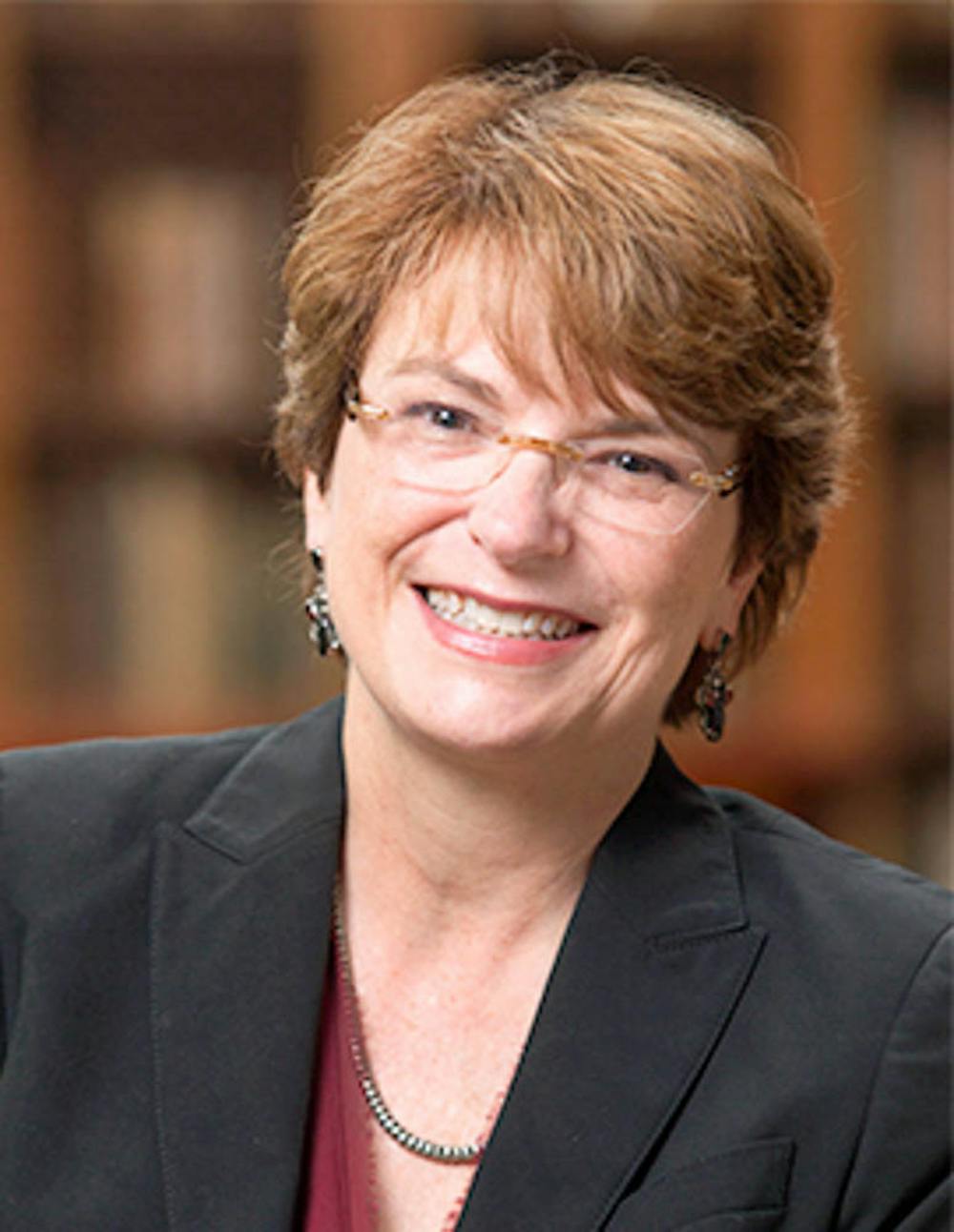Faculty passed a motion recommending the Corporation revise current policies regarding degree requirements, including eliminating payment-based accelerated graduation, during the faculty meeting Tuesday. President Christina Paxson P’19 also responded to an op-ed written by nearly 100 faculty members that rebuked her response to the Brown Divest referendum’s passage and spoke about the national college admission scandal.
Payment-based accelerated graduation allows students to graduate one semester early by paying for the final semester of University.
“We have a policy right now that allows for some students, those who can afford to pay for a full semester of unaided tuition, to complete their degree early,” said Dean of the College Rashid Zia ’01. “We don’t think that aligns with our academic vision or our values (and) our hope of having an inclusive campus.”
For students that still wish to graduate early, faculty voted to recommend a “petition process for students facing exceptional circumstances,” according to Zia’s presentation. For example, a student with a family medical emergency or post-graduate opportunity that requires expedited graduation could petition to graduate up to two semesters early.
The “petition process is not just available to wealthy students who can afford to pay it,” Paxson added.
The recommendation also included limiting advanced standing to one semester for non-transfer and non-RUE students — meaning students would not be able to graduate more than one semester early based on AP exam scores, international certificate program exam credits or college credits from an approved program of study at another institution. “There is some concern that we have a practice that would allow students to graduate entirely a year early simply on the basis of AP courses,” Zia said.
In addition, Paxson responded to an April 2 Op-Ed titled “When Brown students speak, the University should listen: A faculty letter in support of student activism,” written by 98 faculty members. They expressed concern with Paxson’s response to the undergraduate body’s vote in support of a referendum asking the University to divest from companies complicit in human rights abuses in Palestine. The letter said Paxson’s statement was “stifling student activism.”
“I’m a strong defender of freedom of expression on this campus, and I get that student activism has done tremendous things for Brown,” Paxson said. “By writing that letter (I didn’t) mean to say I don’t value activism and I don’t value student expression. I was really making a much more narrow point, which was matters of investment are not decided through political opinion and popularity, they’re decided on principle.”
Paxson also addressed the national college admissions scandal, which prompted the University to conduct a “case-by-case review” of every varsity athlete. The review concluded that the University was not involved in the scandal, The Herald previously reported.
“The scandal has spread beyond this scandal per se, and it’s raised a whole host of issues around the fairness of admissions,” Paxson said. “Some of these were floating around anyway — people (are) talking about legacies and athletes (and) whether tests scores really reflect the qualifications of students across the income distribution.” In response to these concerns, Paxson plans to form a group of faculty at the University that will look into the integrity of the admissions process, as well as issues of access and equity in the admissions process.





